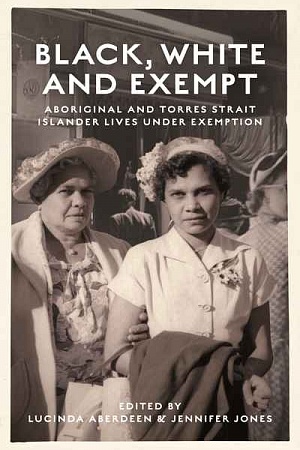Crusoe’s Island: rich and curious history of pirates, castaways and madness
Faber $39.99 hb, 319 pp, 9780571330232
Crusoe’s Island: rich and curious history of pirates, castaways and madness by Andrew Lambert
The story of Robinson Crusoe, penned by Daniel Defoe in 1719, is one those remarkable books that created a new genre. The ‘Robinsonade’ or castaway story became one of the most popular forms of adventure novel, inspiring a host of famous ‘imitators’: Robert Louis Stevenson’s The Ebb-Tide (1894), R.M. Ballantyne’s The Coral Island (1858), and Jules Verne’s Mysterious Island (1874). Defoe’s tale also inspired true adventure. Matthew Flinders was ‘induced to go to sea against the wishes of my friends from reading Robinson Crusoe’. In the sizeable shipboard library of French explorer Lapérouse, there was only one novel: Robinson Crusoe.
The study of Defoe and the Robinsonades is similarly vast. First-year courses devote entire semesters to analysis of the novel. The list of books published about Defoe, his famous novel, and his inspiration Alexander Selkirk, is astounding, and the study of the book’s impact on exploration history is in itself quite significant. Just recently, Australian academic Karen Dowling published the excellent Restless Men: Masculinity and Robinson Crusoe, 1788–1840 (2014), which explores the resonance the famous novel generated for generations of explorers and immigrants. Crusoe’s Island: A rich and curious history of pirates, castaways and madness, by naval historian Andrew Lambert, appears to follow similar territory, exploring the impact that ‘the island of Robinson Crusoe’ had on ‘our imagination and culture’.
Continue reading for only $10 per month. Subscribe and gain full access to Australian Book Review. Already a subscriber? Sign in. If you need assistance, feel free to contact us.











Leave a comment
If you are an ABR subscriber, you will need to sign in to post a comment.
If you have forgotten your sign in details, or if you receive an error message when trying to submit your comment, please email your comment (and the name of the article to which it relates) to ABR Comments. We will review your comment and, subject to approval, we will post it under your name.
Please note that all comments must be approved by ABR and comply with our Terms & Conditions.